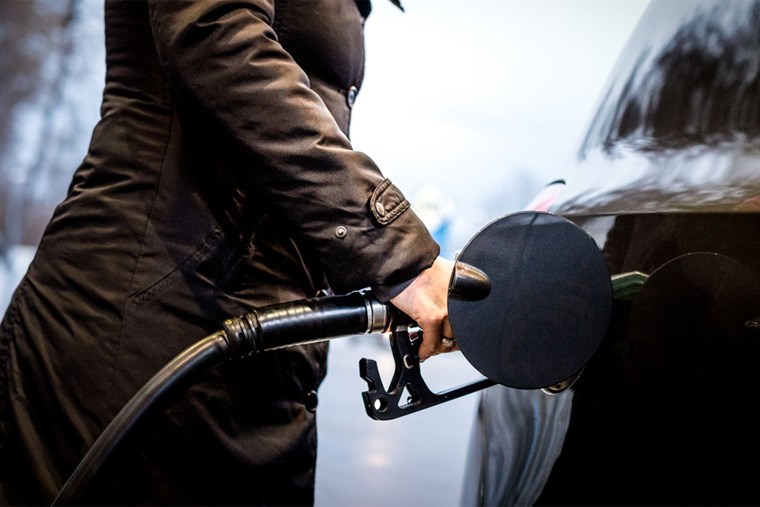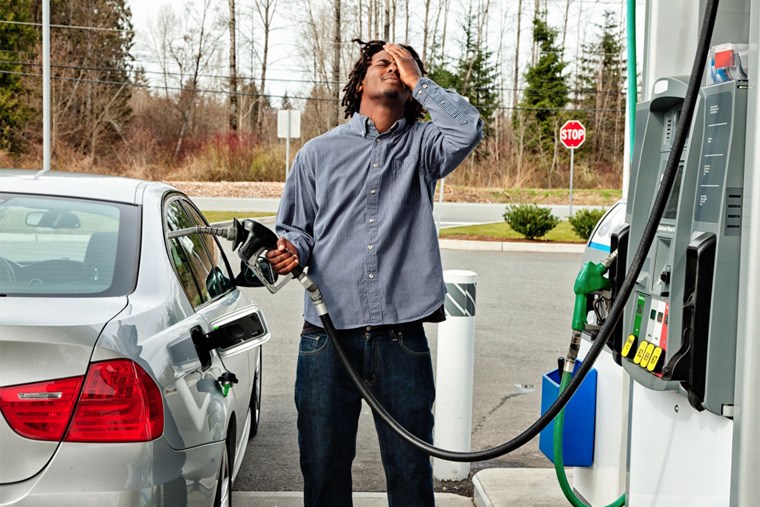You’re not alone in thinking that pumping gas has gotten more confusing. With more fuel options than ever before, drivers are often left bewildered trying to decide which option is best for their ride.
We’ll help clear the confusion with this ultimate guide to gas types. From what the numbers mean to what makes each unique, you’ll select a fuel type with confidence the next time you fill your tank.
What’s The Number?
Gasoline is primarily composed of isooctane and heptane. The numbers on the pump, usually in the 80s and 90s, are simply the octane rating, or the percentage of the isooctane in the mixture. For example, gasoline with an 89 octane rating contains 11% heptane and 89% isooctane.
Now that you know what the octane number means, it’s important to understand what makes each fuel type useful and unique. Here are the three main categories of gasoline and what you should know about each.
Three Types of Gasoline
Gasoline is usually split into three different categories.
Standard gasoline is 87 octane and is generally the right choice for most vehicles. Depending on what your manufacturer recommends, regular gas will be enough to keep your vehicle operating safely and efficiently. It’s the cheapest gasoline available as well, making it the best option if you’re trying to save money.
Mid-grade gasoline will typically have an octane number between 88 and 90, and it offers better performance than standard gas. The higher octane levels are generally required for larger engines like those found in SUVs and muscle cars. Higher octane levels can help reduce emissions, making them a popular choice with environmentally-conscious drivers.
Premium gasoline, 91 octane and above, has very specific use cases that could make it right for you. If you drive a high-performance vehicle or have a turbocharger, experts typically recommend using premium gasoline. Higher octanes can improve gas mileage for these performance engines, but if your manufacturer doesn’t recommend them, you won’t see much of a difference at the pump. If you’re towing a trailer or RV, premium gas can improve your vehicle’s performance and make big climbs a breeze.
Now that you understand the different types of gasoline, it’s time to figure out which octane is right for your vehicle.
 lovro77 via gettyimages.com
lovro77 via gettyimages.comChoosing The Right Octane
Picking the right octane has benefits, but it’s more important not to pick the wrong one. Using the wrong octane can cause damage to your engine, cost you unnecessary money at the pump, and increase your emissions. Be sure to consult your vehicle’s owners manual or check online to find the manufacturer's recommended gasoline type.
Once you know what’s recommended, that should always be the gasoline you choose unless there are other circumstances. Using a higher octane than required will show minimal benefit over the long term, and it will cost you quite a bit more at the pump than is necessary.
Circumstances that might warrant using a higher octane include towing, driving in excessive heat, or carrying heavy loads. While there’s little benefit to using a higher octane, using a lower octane than recommended can be extremely harmful to your vehicle. Decreased efficiency, an increase in emissions, and engine stress could cause unnecessary damage and repairs. When in doubt, choose a higher octane to avoid long-term engine problems.
While there are many myths surrounding the different types of gas, it’s important to remember that the manufacturer knows best. Consult your manual and only use the recommended octane. If you’re not using the recommended number, you should always use a higher level and only when you’re doing high-stress tasks like towing. Using the correct type of gas can save you money when you fill up and keep your vehicle.
 This story was made possible by our Community Partners Program. Thank you Davis Chevrolet for helping to expand local news coverage in Alberta. Learn more.
This story was made possible by our Community Partners Program. Thank you Davis Chevrolet for helping to expand local news coverage in Alberta. Learn more.


